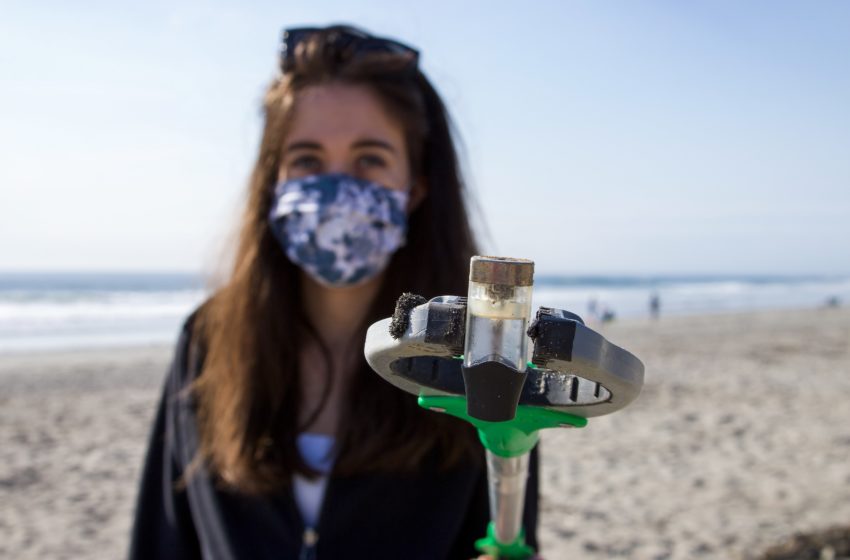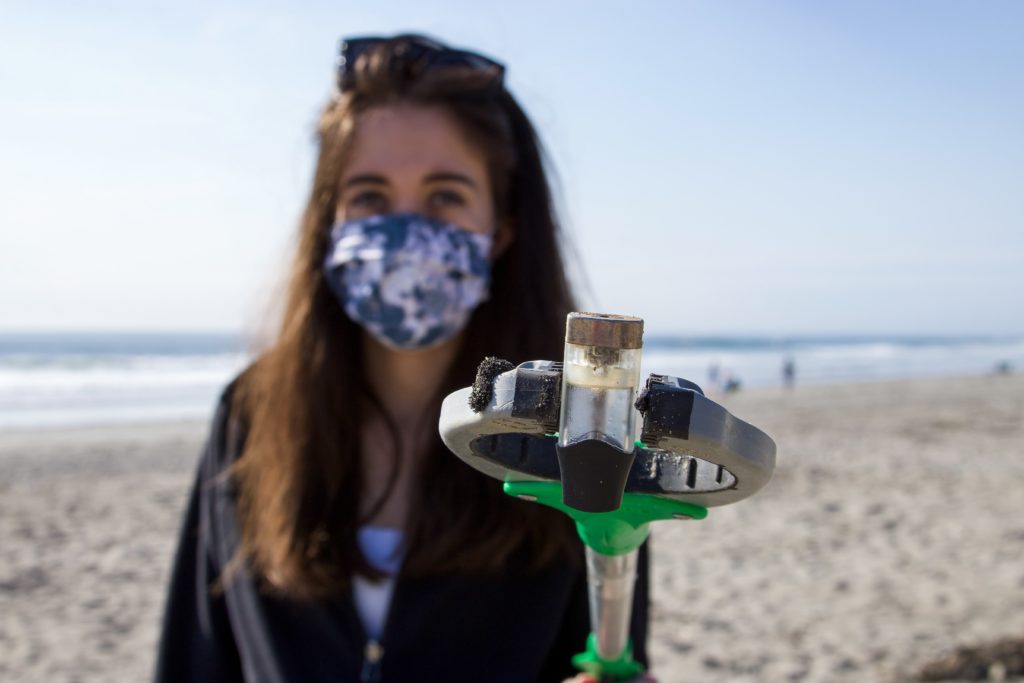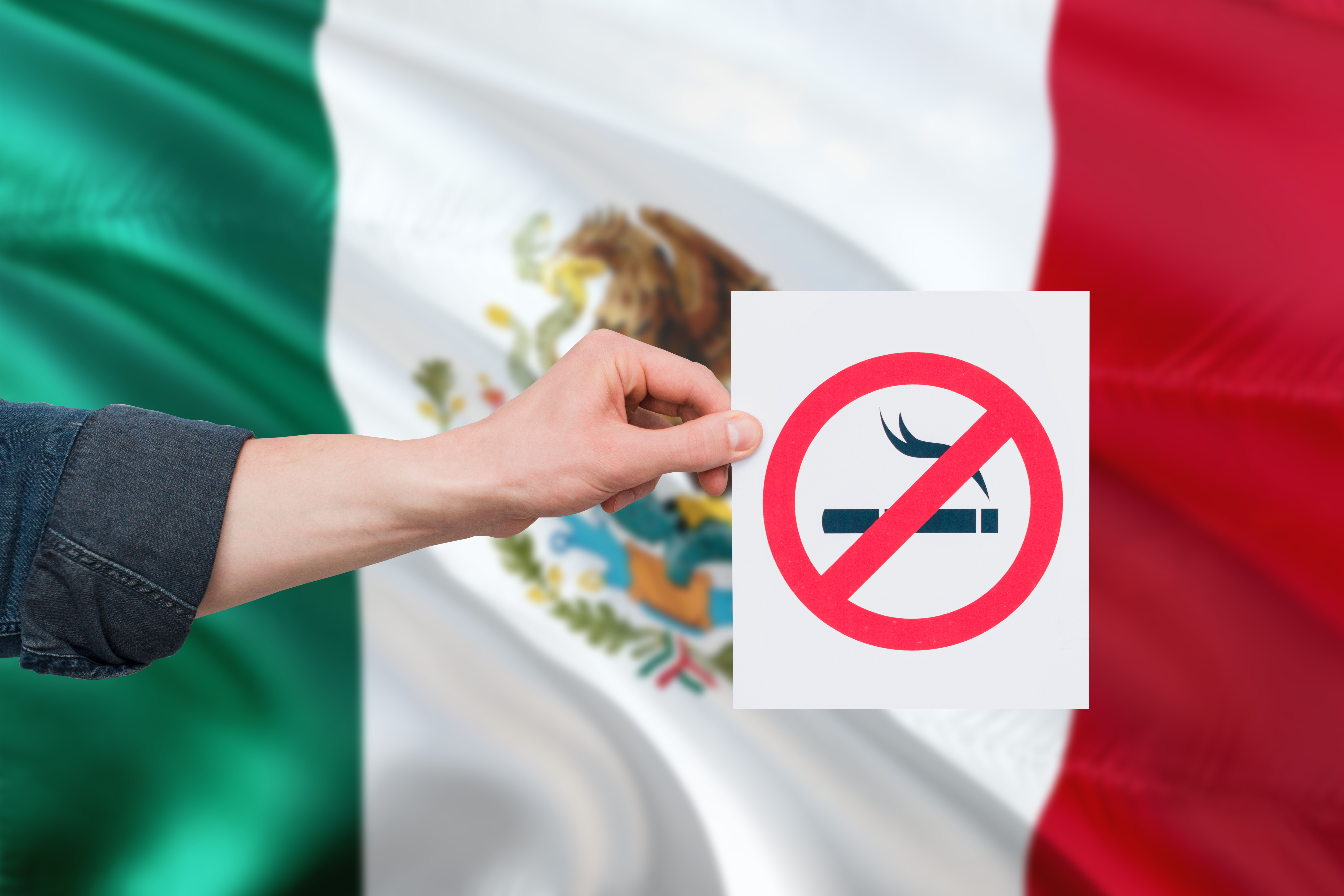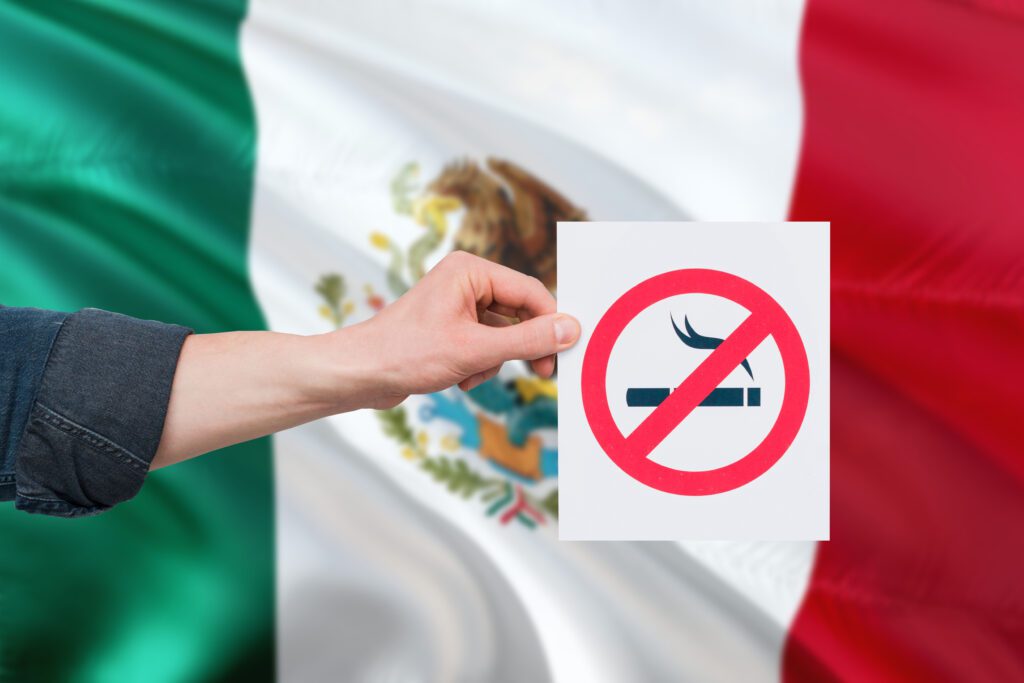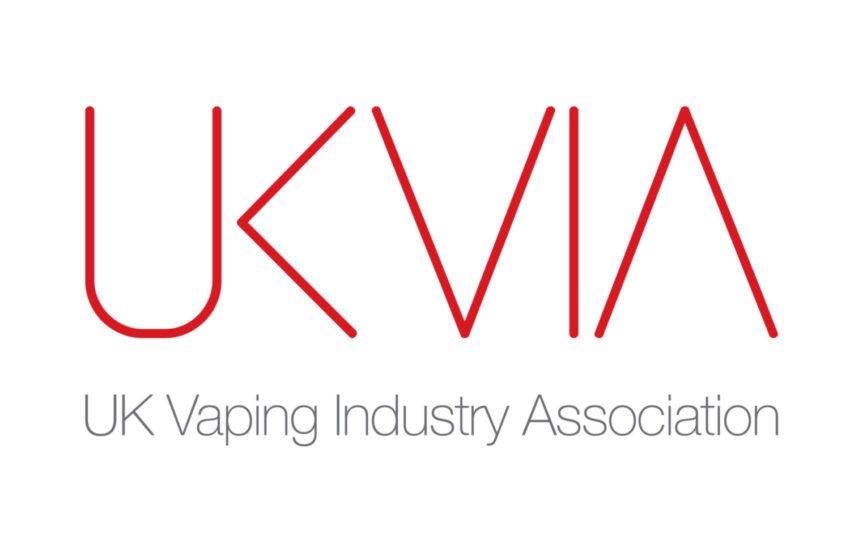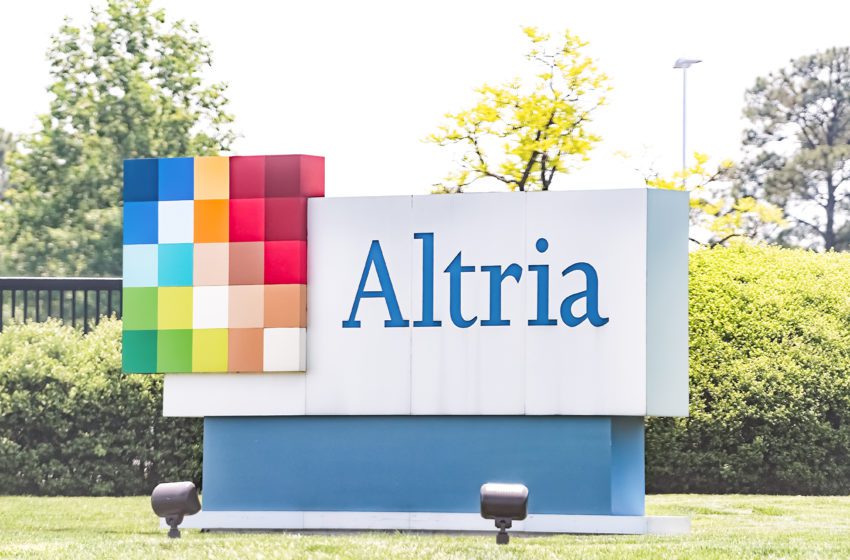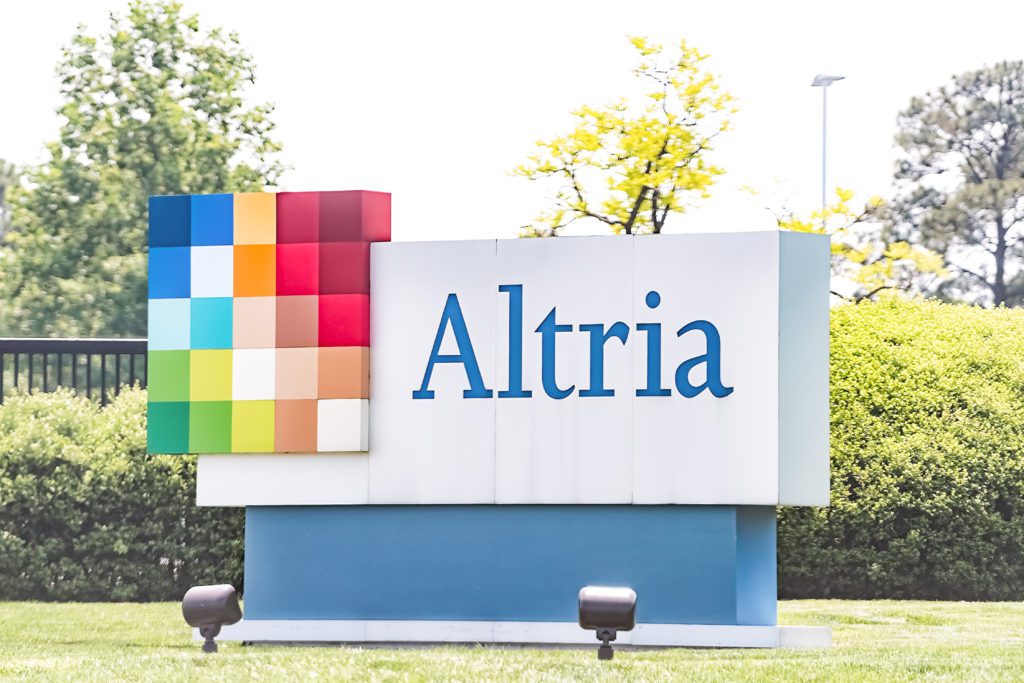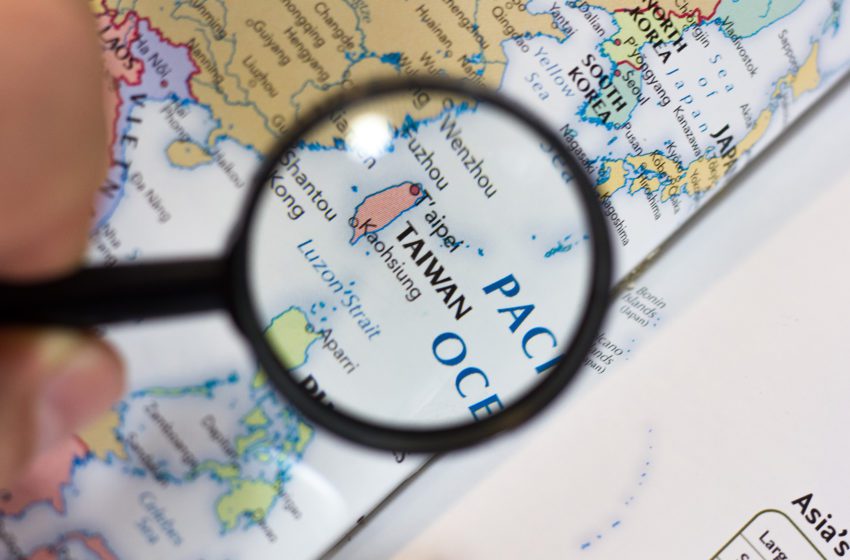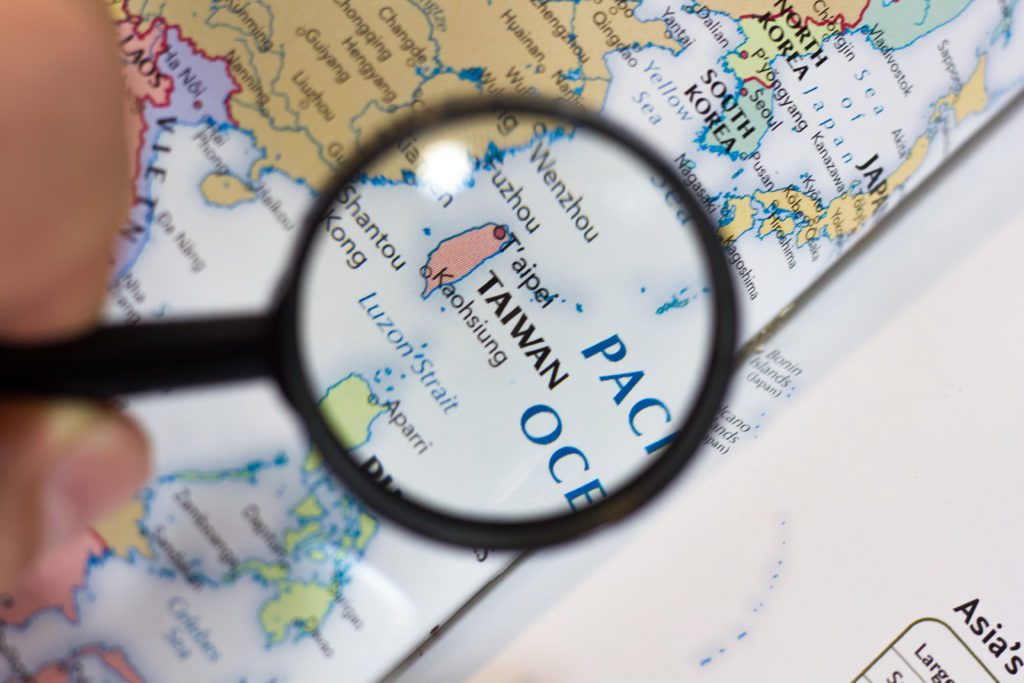
Criminals in Singapore are not using just trucks and trailers to smuggle vaping products. They are also using luxury cars in an attempt to evade detection and capture.
Based on seizures and captures carried out by the Immigration and Checkpoints Authority (ICA) enforcement, many different types of luxury vehicles are being used for smuggling activities, namely Mercedes Benz, BMW, Audi and high-end Toyota Vellfire and Alphard MPVs (Multi Purpose Vehicles), according to media reports.
“Perhaps these syndicates feel that the ‘status’ of being perceived as being rich by driving luxury vehicles can evade detection by enforcement. This is why the syndicates choose all sorts of different luxury vehicles to carry out smuggling of e-cigarettes and vape liquid,” according to an unnamed source.
The ICA’s employs hi-tech X-Ray machines to detect smuggled items. Based on information received, the Singapore enforcement authorities recently confiscated 792 e-cigarettes that were smuggled from Malaysia using an Audi vehicle.
Also confiscated were 3,093 e-cigarette refill pods, apart from 4,000 e-cigarettes and 3,120 e-cigarette refill pods that were hidden in another luxury vehicle, a Mercedes Benz.
“On Nov 23 last year, the syndicate used an Audi vehicle to smuggle 2,700 pods filled with e-cigarette refills apart from 100 disposable e-cigarettes. The seizure also yielded 145 e-cigarette products that were concealed under the seats and floor of a Toyota Vellfire MPV,” the source said.






